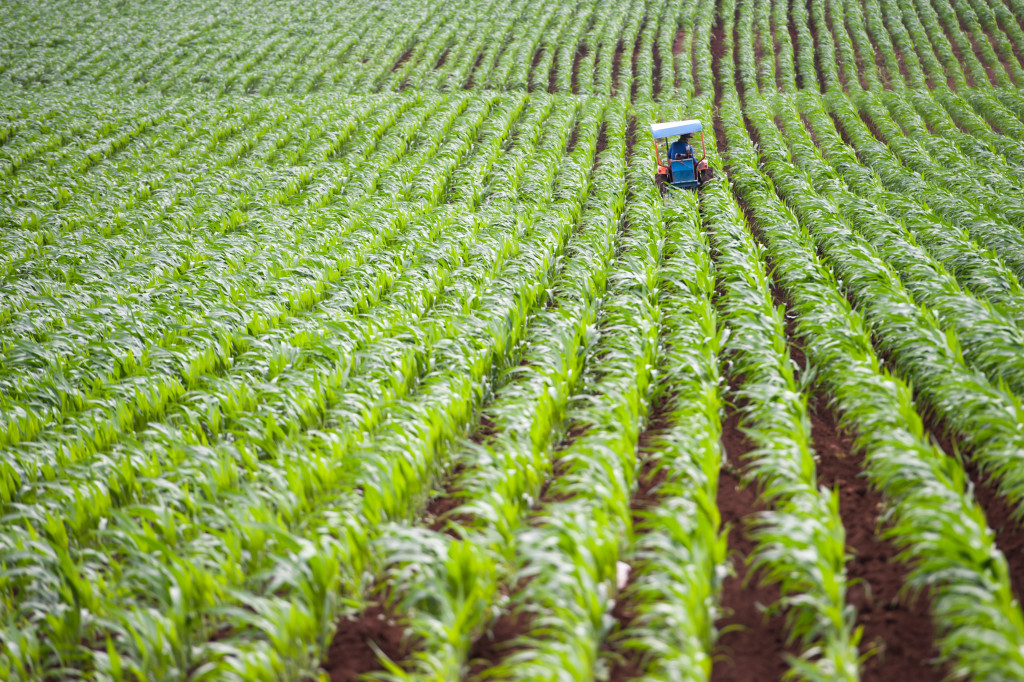Farming is an industry that relies on many different factors to make a profit. The land and labor available are two major components in any farm’s success- but water and fertilizer can also be necessary expenses depending on the type of crop you’re growing. It’s important to know what kind of crops will succeed in your region before investing time or money into any particular field or livestock, so research is key when it comes to starting up your own farm.
In this article, we’ll look at some things you need to consider before deciding on starting a farming business.
Things to Ask Yourself Before Starting a Farming Business
Know what type of crops you want to grow.
One of the most important things you need to ask yourself before starting a farming business is what type of crops you want to grow. Do your research and find out which crops are in demand in your area, and make sure you have the right climate and soil conditions to grow them. You’ll also need to decide how much acreage you want to dedicate to each crop and whether you want to grow them organically or use conventional methods.
Consider the climate in your area and how resistant the plants are to heat and cold.
It’s important to do your research on your area’s climate, as well as how your intended crops can survive it. For example, if you live in a temperate climate, you’ll want to grow crops that can withstand frost and aren’t sensitive to high temperatures. But if you live in a tropical climate, you’ll want to grow crops that can tolerate humidity and high temperatures.
Know which crops will likely be profitable in your region.
Some crops are more profitable than others, so it’s important to do your research and find out which ones will be most successful in your area. The best way to find this information is to contact your local agricultural extension office or speak to other local farmers. They’ll be able to tell you which crops are in demand and which ones are most profitable in your region.
Necessary Farming Expenses
Land
Land is perhaps one of the most important expenses when it comes to farming. You need to have a good amount of land in order to grow a profitable crop. If you don’t have enough land, you’ll need to look into renting or purchasing more. Keep in mind that the cost of land can be quite high, so make sure you have a good idea of your budget before you make any decisions.
Labor
Labor expenses are one of the biggest costs when it comes to farming. You need to have enough people on staff to take care of planting, watering, and harvesting your crops. You’ll also need someone to take care of the property and manage the finances. It’s important to have a good idea of how much labor your farm will require before you start. This will help you make sure that you have the necessary funds to cover those costs.
Fertilizer

When it comes to farming, fertilizer is a necessary expense. Fertilizer helps crops grow bigger and stronger and can help improve the quality of the harvest. There are many different types of fertilizer, and each one has its own set of benefits and drawbacks. It’s important to choose the right type of fertilizer for your crops and to use the correct amount.
Water
Water is a precious resource, and it’s important to be mindful of the water expenses involved in farming. Some of the main water expenses in farming include:
Irrigation:
This involves supplying water to plants or soil through various methods, such as sprinklers, hoses, or pipes. It’s important to ensure that you have effective water well pumps so the water can reach the plants effectively and that there is enough water to meet their needs.
Livestock water:
This refers to the water that is used for livestock such as cows, pigs, and chickens. It’s important to provide enough water for the animals, but you also need to be mindful of the water usage so that you’re not wasting resources.
Cleaning water:
This water is used for cleaning and sanitizing before using it again. It’s important to use this water at least once more than you would for livestock water, but water needs can vary on a case-by-case basis depending on the type of cleaning that needs to be done.
Conclusion:
In conclusion, farming is an extremely profitable business, but it requires a lot of research and planning before you make any decisions. If you’re willing to put in the time and effort, you’ll be able to start your own successful farm!

